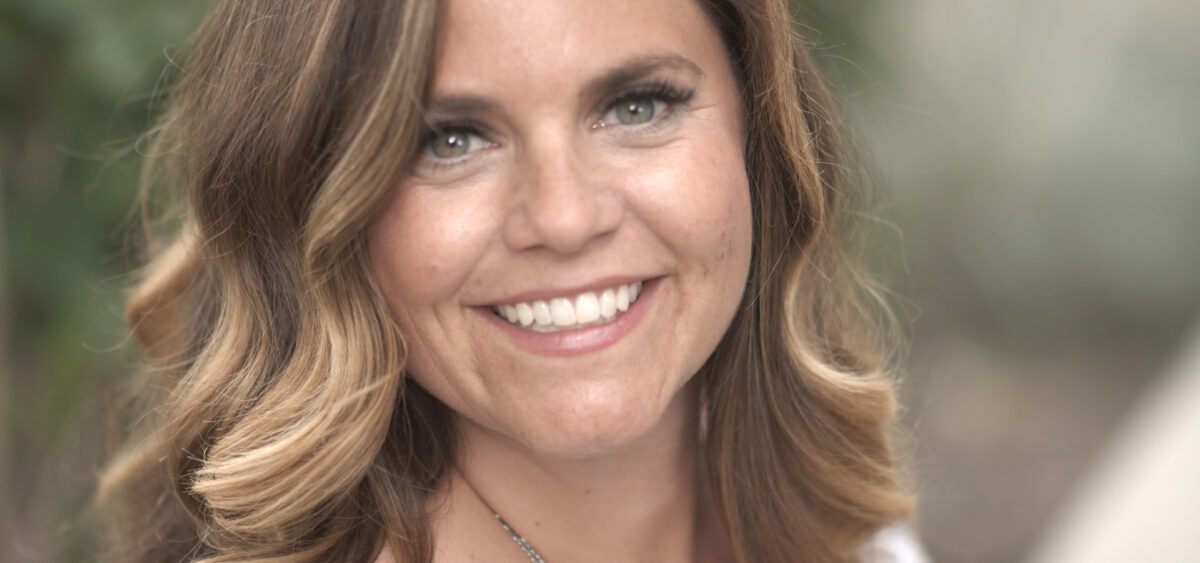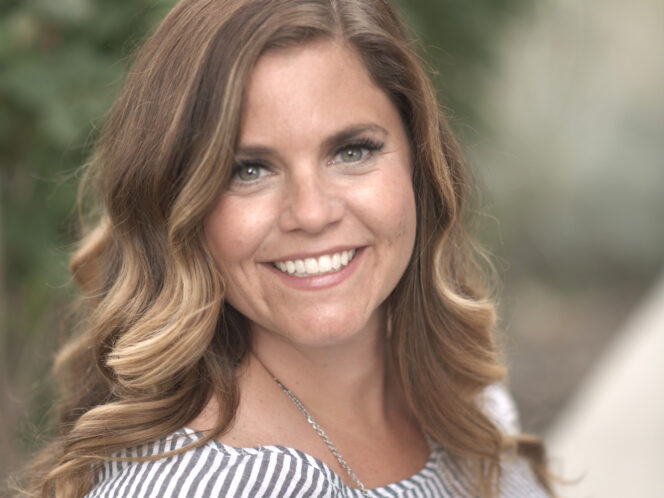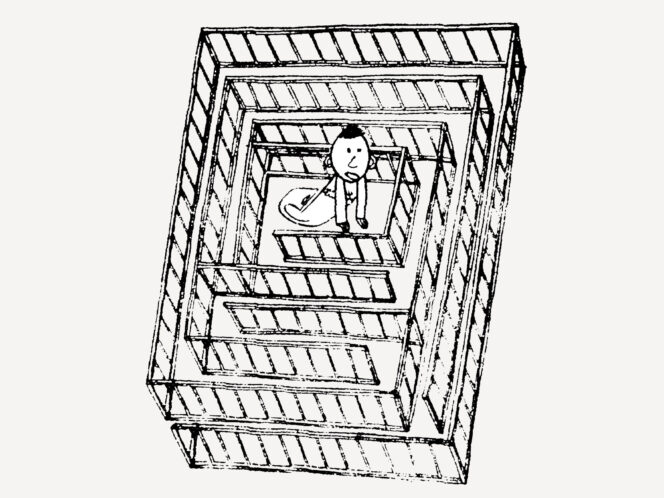
Great things can be found where we least expect. Maria Hawranek talks to educator Allyson Apsey about serendipity and its use in education.
When a child with behavioral issues joins a school, there’s an opportunity for teachers to develop new tools. When a student is struggling to master a skill, it’s worth looking for other ways to help them learn it. Failed to achieve something you strived for? Perhaps a space for something new has just opened in your life.
Maria Hawranek: When you finished high school, you were convinced you’d never again set foot in one. And yet, somehow, you’ve been a school principal for over twenty years. How did that come about?
Allyson Apsey: I didn’t see value in a lot of what I was asked to do in school. To me, it felt like doing the work for the sake of doing the work and not about me as an individual. I didn’t think my teachers saw me as a person, they saw a student. I hated homework and thought it was ridiculous to spend hours at home on top of the hours at school. Although I loved to read and learn, I didn’t feel like I was able to learn about things I was passionate about in school. Perhaps, I don’t like being told what to do in general. Sitting in a classroom all day long, being told what to do, wasn’t my idea of a time well spent.
What happened next?
I went to study business at a community college in my town because I didn’t know what else to do. In my sophomore year, the psychology class I was attending was dropped. The only class I could find that fit into my schedule and would fulfill the same requirement was educational psychology. On the first day of class, the professor asked, “Who wants to become a teacher or pursue a career in education?” Every single person in the class raised their hand, except for me. Still, I needed to fulfill the requirements of the class, and








